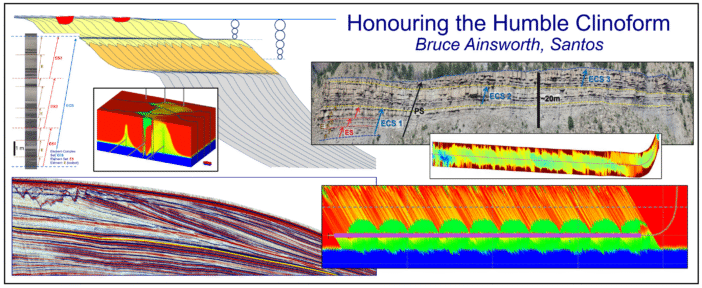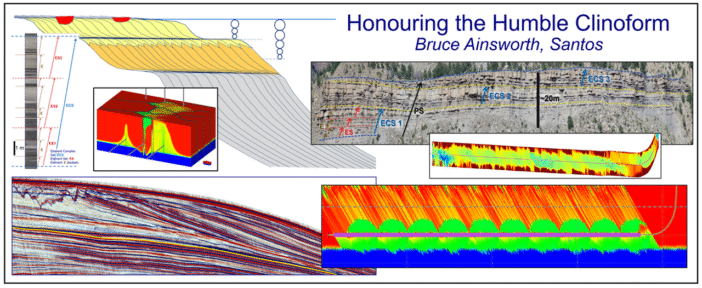
- This event has passed.
PESA SA/NT March Technical Luncheon- Petroleum geoscience: research, education and diversity in 2023 and beyond
Petroleum geoscience: Research, Education and Diversity in 2023 and beyond
Presented by: Kathryn Amos, Centre for GeoEnergy at the University of Adelaide
Abstract:
The subsurface resource sector is going through a time of rapid change, driven by substantial external drivers, not least core goals to decarbonise, maintain energy security and increase quality of life in a just energy transition. These changing foci are seen across industry, government and academia. In the higher education sector, delivering research expertise and degree programs that produce job-ready graduates, there is a growing dissociation between societal need for geoscience and engineering capability related to resources, and the enrolment of students into sector-aligned degree programs. As student enrolments determine the bulk of contributions to University operating budgets – the ‘baseload budget’ – this disconnection is leading to a reduction in degree offerings and academic profile in these discipline areas across Australian universities. For our sector this runs in confluence with unprecedented pressure on University budgets caused by the COVID-19 pandemic as well as changes in federal government support. Higher Education in Australia is going through a time of rapid and substantial change and so is our resources industry sector.
Navigating this difficult transition requires that we maintain focus on our priorities and in doing so, we must maintain our core values and strive to preserve or better our behaviours and aspirations. Indeed, change processes provide an opportunity for ensuring that those appointed into leadership positions demonstrate a commitment to these core values and behaviours, such as integrity, respect, collegiality, excellence and discovery. Workplace health and safety must always retain a central position in activities. As must our commitment to attainting equity for a diverse community. Despite an increase in enrolment in geoscience degrees by women, current data indicate significant inequity persists in the gender distribution of professionally employed geoscientists. It has been proposed that rather than a ‘leaky pipeline’ metaphor, a ‘hostile obstacle course’ is more appropriate (Berhe et al., Nature Geoscience, 2022). These inequities are not only observed in the workforce, but also in professional organisations, which play an important role in driving change.
The pace of change that our discipline is undergoing at present is rapid and complex, driven by both internal and external factors, relating to policy, technology and people. These drivers are all seemingly very different and are often considered independently, yet they are interconnected and aligned, and all are key to success. Whilst the future of both the sector as a whole and the discipline of resource geoscience in higher education is set to evolve, this presents both threats that must be properly understood, and a number of opportunities that must be grasped, in order for our technical expertise and leadership to continue to thrive within this evolving landscape.
In summary, this talk will provide:
- An overview of the current context of geoscience, mining and petroleum engineering disciplines in Australian Universities, with a focus on activities at the University of Adelaide, to evolve programs and engage with future students. These include a government-industry-university collaboration to launch a Resources Outreach Program, the development of a new Major in Energy Resources in the BSc (Geology), and evolution of ASPER’s Petroleum Geoscience BSc (Honours) and MSc programs to Energy Geoscience, covering a broad range of content including petroleum, CO2 and Hydrogen storage, and geothermal.
- A process of University-government-industry engagement to identify priority areas for research focus in the coming years. These align within a broad strategic vision developed by ASPER in 2020 under which our research and teaching address the three core challenges of energy security (CH4), future fuels (H2) and emissions reduction (CO2). The key research projects and facilities upgrades now being undertaken and developed in partnership with State Government, energy companies and a suite of University partners, to advance the understanding relating to multi-disciplinary CO2 and Hydrogen storage problems will be discussed.
- New analysis of data from international professional geological societies, which highlights continued gender inequity, and a lack of focus on diversity and inclusion as related to ethnic and cultural background, disability, neurodiversity and sexual orientation (relating perhaps to a lack of quantifiable baseline with which to discuss and tackle these matters). An overview of actions that have had positive impact in improving gender equity in some professional geoscience organisations, and recommendations for solutions that professional societies can implement to advance towards equity goals, will be presented.
Event Details:
Thursday, March 23, 2023
Luncheon: 12 pm for a 12:30 pm start
Place: Ayer’s House, 288 North Tce, Adelaide
Includes a 2-course lunch and drinks
Tickets:
Student Members – $25
Members – $60
Non-members – $75
SPE and ASEG Members- $60
Bookings close 2 pm Tuesday, March 22nd.
Any late bookings will incur an additional $20 fee. Strictly no walk-ins.



